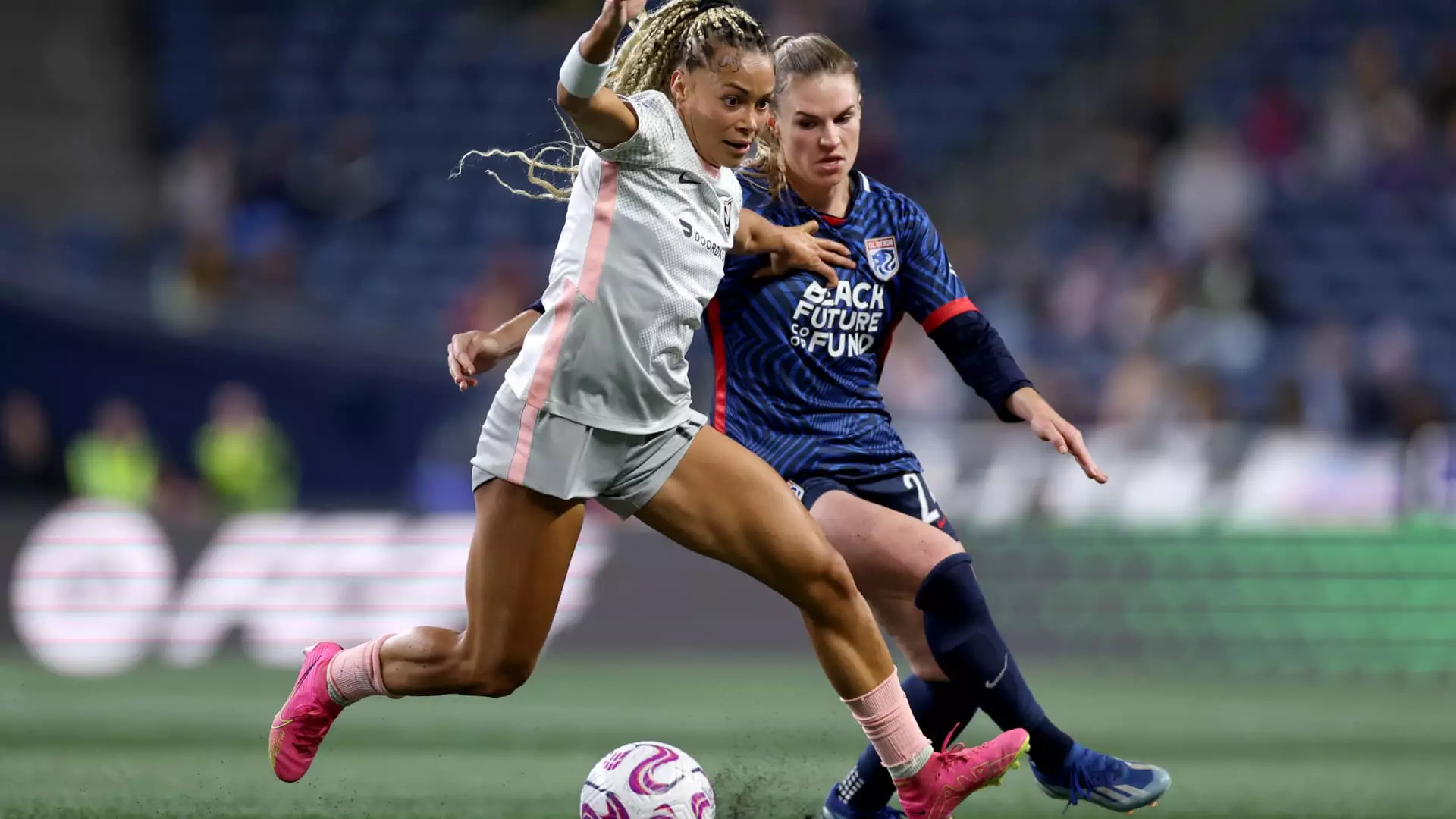Women’s soccer has seen a significant shift in recent years, with private equity investors taking a keen interest in the sport. Unlike other major U.S. sports leagues, such as Major League Soccer and the National Basketball Association, the National Women’s Soccer League has allowed private equity firms to take majority control of the economics. This move has paved the way for new opportunities and growth in women’s soccer.
In a groundbreaking move, Sixth Street became the first private equity firm to own a team in the NWSL by acquiring the San Francisco women’s team, Bay FC. This set the stage for further investments, with Carlyle recently partnering with the Seattle Sounders FC to purchase the Reign FC. These deals have not only injected much-needed capital into the league but have also increased the overall valuation of women’s soccer franchises.
The influx of private equity investment has been instrumental in driving growth and revenue in women’s soccer. Attendance has surged by over 40% this year, signaling a positive momentum in the sport. With women’s elite sports revenue on track to surpass the billion-dollar mark, soccer stands out as a key contributor to this milestone. While revenue streams in women’s sports differ from men’s sports, recent media deals and partnerships have opened up new avenues for generating income.
Private equity firms bring more than just financial resources to the table. The Reign FC’s chief business officer highlighted Carlyle’s ability to enhance analytics and leverage expertise from its vast portfolio. This value addition is crucial in creating a sustainable business model that not only boosts revenue but also elevates the overall quality of women’s soccer. As the sport continues to grow, smart decision-making and strategic partnerships will be key to long-term success.
While the increasing interest from private equity firms presents new opportunities for women’s soccer, it also comes with its own set of challenges. The NWSL is navigating uncharted territory as it seeks to strike a balance between financial investment and maintaining the league’s integrity. Commissioner Berman emphasized the importance of treading carefully with institutional capital, as it differs from traditional ownership structures in sports. Finding the right balance will be crucial in ensuring the long-term viability of women’s soccer.
As valuations continue to rise and private equity interest in women’s soccer grows, the landscape of the sport is evolving rapidly. The potential acquisition of Angel City FC by Disney CEO Bob Iger and his wife highlights the increasing allure of women’s sports franchises. With new media deals, partnerships, and investments on the horizon, women’s soccer is poised for a new era of growth and recognition. While challenges remain, the involvement of private equity firms brings with it a wealth of opportunities for elevating women’s soccer to new heights.
The entry of private equity into women’s soccer represents a turning point for the sport. By bringing in additional capital, expertise, and resources, these firms are laying the foundation for a more sustainable and prosperous future for women’s soccer. As the league navigates the complexities of institutional ownership, careful planning and strategic decision-making will be essential in harnessing the full potential of private equity investment. The stage is set for women’s soccer to shine on a global stage, with private equity playing a pivotal role in shaping its future.


Leave a Reply